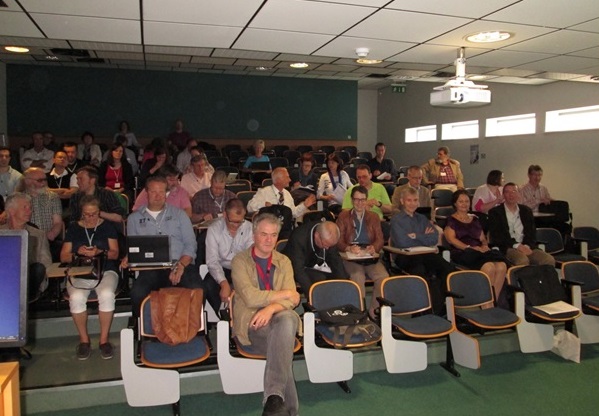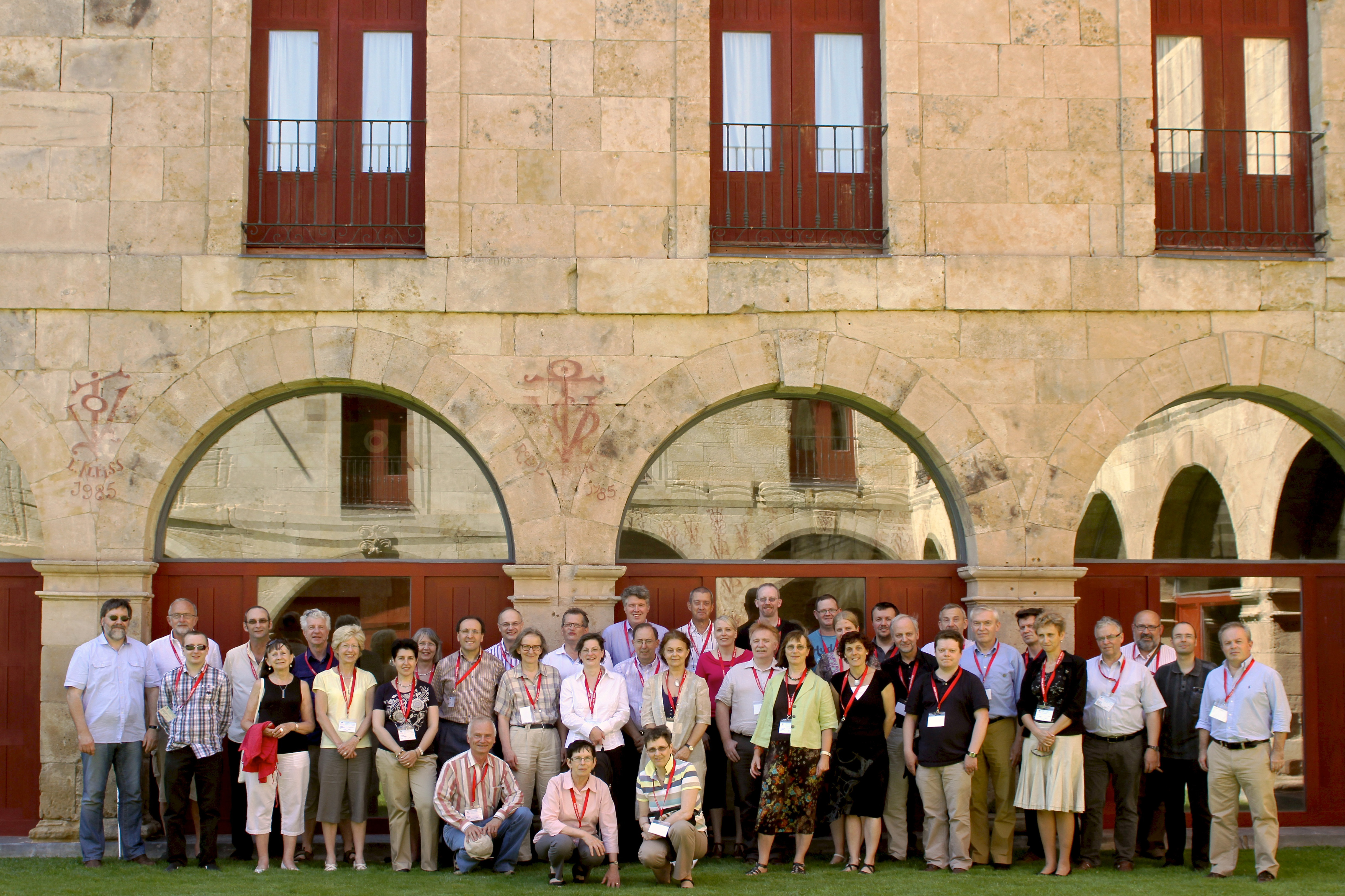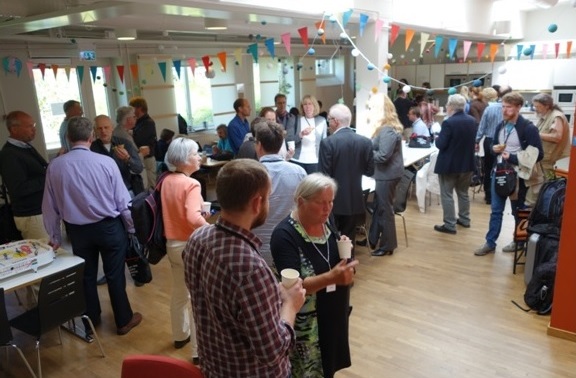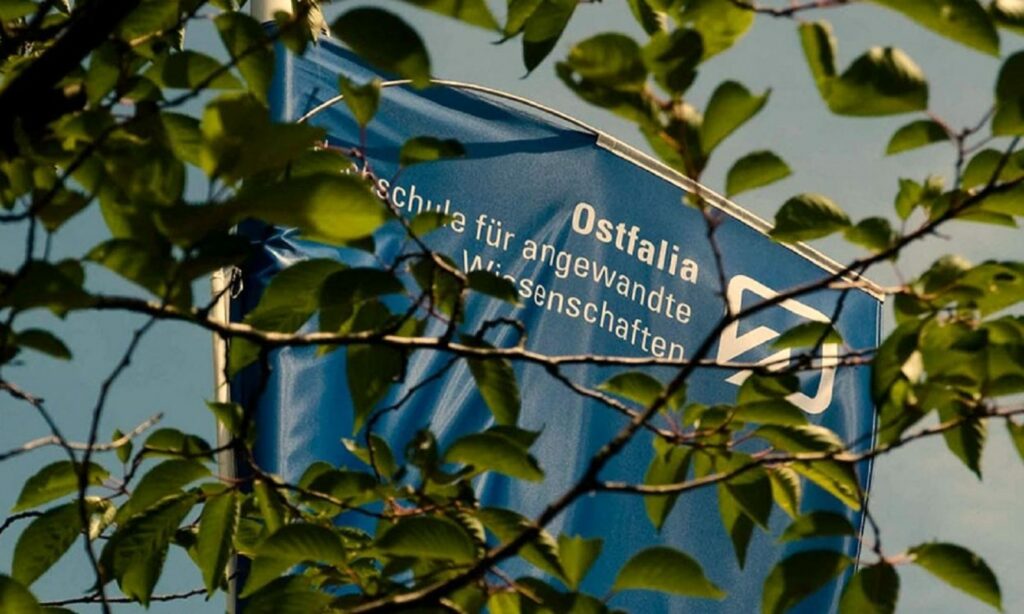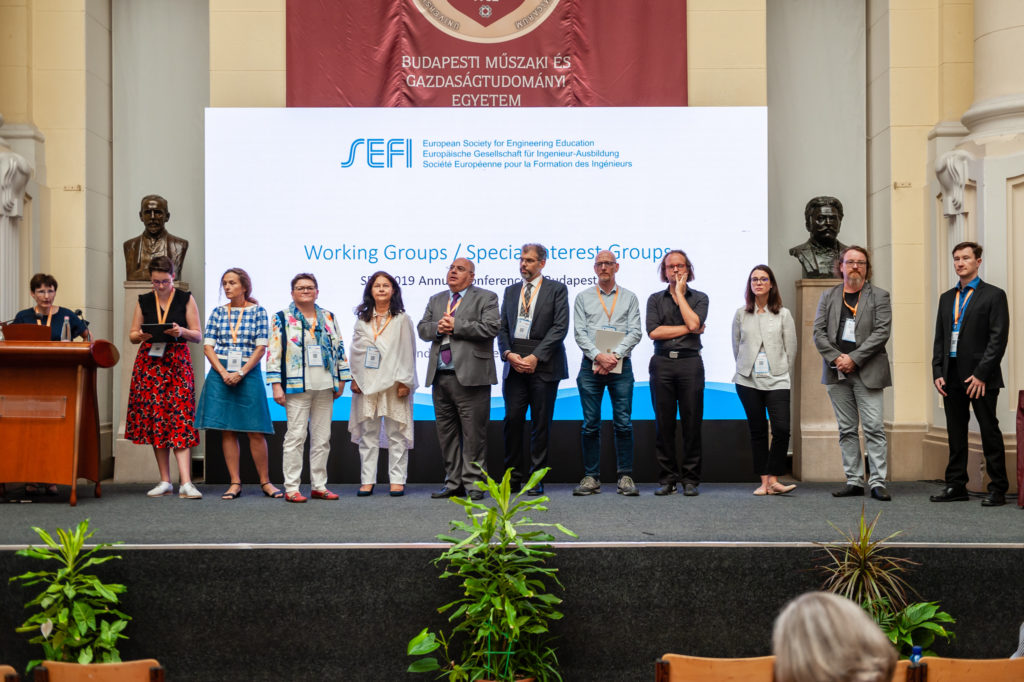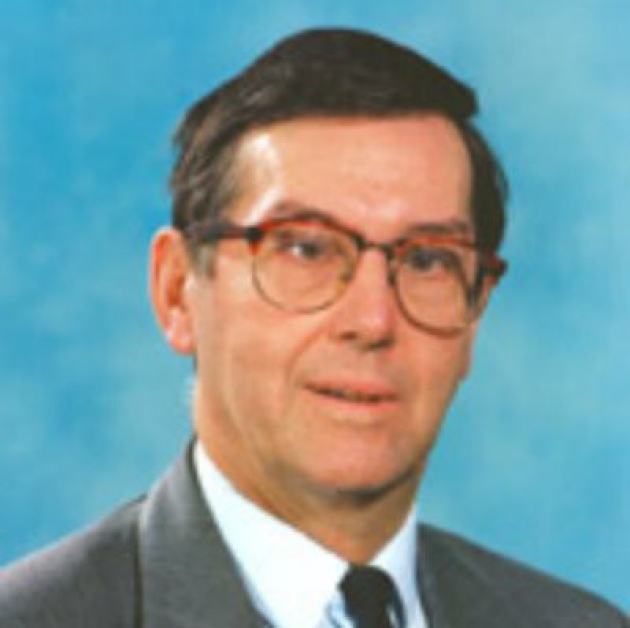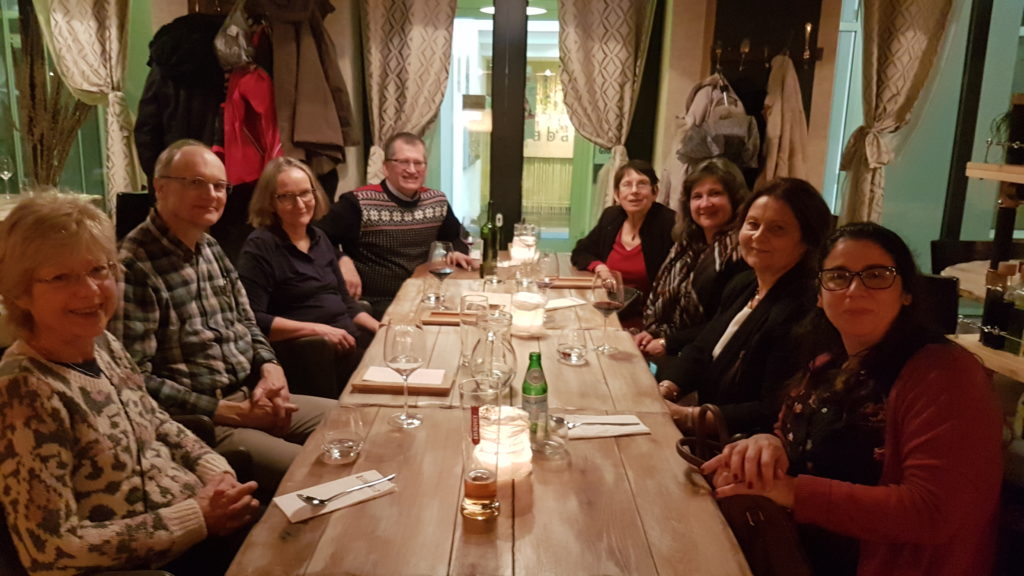Don’t miss the 22nd SEFI Special Interest Group in Mathematics Seminar Innovations in Mathematical Education for Engineers: Bridging Past, Present, and Future, 25-27 June 2025, Ostfalia University of Applied Sciences – Wolfenbüttel Germany – More info
The Mathematics Special Interest Group (MSIG) was established in 1982 within the SEFI community.
Mathematics is at the heart of engineering, being both a language for the expression of ideas and the means of communicating results. An effective study programme in mathematics for all engineering students is a necessary requirement for the education of qualified engineering graduates capable both of innovation and of adaptation to changing technology. Uncertainty is an essential feature of the engineering environment and for this reason, the fields of probability and statistics are included in the Special Interest Group’s domain of interest.
Objectives
- to provide a forum for the exchange of views and ideas amongst those interested in engineering mathematics,
- to promote a full understanding of the role of mathematics in the engineering curriculum, and its relevance to industrial needs,
- to foster co-operation in the development of courses and support material, in collaboration with industry,
- to recognise and promote the role of mathematics in the Continuing Education of Engineers.
Topics of interest
- Activation of learners: How can we ensure that the students are more actively involved in the learning process than in the usual lecture?
- Use of technology: How can we use technology (CAS, pocket calculator, web, etc.) in the teaching and assessment process in a pedagogically sound manner?
- Modelling competences and their teaching: What are desirable modelling competences and who (mathematicians, engineers) teaches them how?
- Assessment: Which forms of assessment are used, what are their advantages and disadvantages, and which learning goals are induced by certain forms of assessment?
- Content and learning outcomes: What should be the contents and the learning outcomes of the mathematical education of engineers?
- Mathematics at the workplace: What kind of mathematical qualifications do engineers need in their professional life?
- Higher-level learning goals: What are higher-level learning goals (e.g. deeper understanding) and how can they be achieved?
- Mathematical needs in continuing engineering education: What kind of mathematical education do professional engineers need in addition to the one they obtained during their university studies?
- Integration of mathematics and engineering subject education: How can we integrate mathematics education and education in engineering subjects to avoid mathematics being seen as isolated and disconnected?
- Students’ attitudes towards mathematics: What are students’ attitudes to mathematics and how can we achieve a positive attitude where mathematics is seen as a valuable means to formulate and solve engineering problems?
- The transition from school to university: How can we alleviate the transition from school mathematics to university mathematics?
- Didactical principles: What valuable and proven didactical principles (from general mathematics education) can we use in the mathematical education of engineers?
- Mathematical education research: What are the main topics professional researchers in the mathematical education of engineers deal with and what are the main results relevant to the practitioner?
- It is the intention of the special interest group to provide and update a short overview for each topic and a small list of references for further reading.
Latest news
